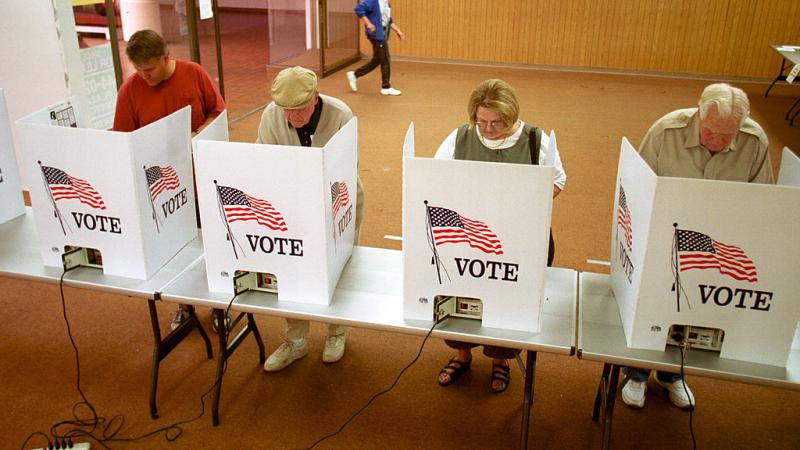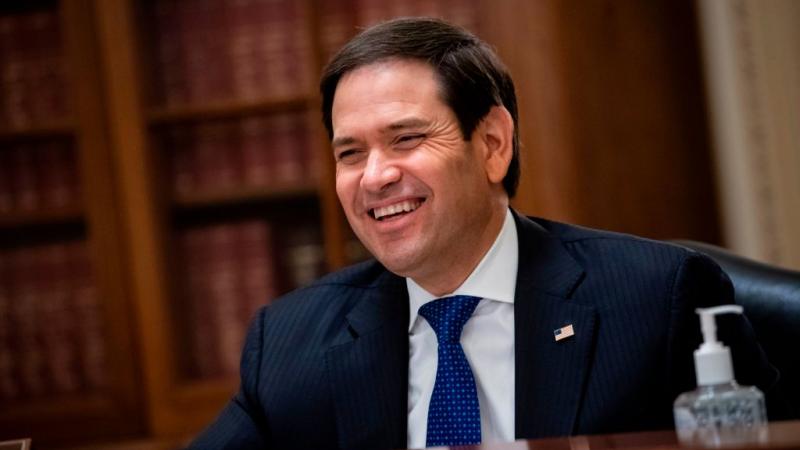Sanders: We'll borrow money to fund 'one time infrastructure programs' due to low interest rates
"There will not be a so-called bipartisan bill without a major reconciliation package," Sanders said, describing a massive budget bill Democrats plan to pass without votes from Republicans.
Vermont Sen. Bernie Sanders, chairman of the Senate Budget Committee, said that thanks to low interest rates, Democrats plan to borrow to pay for the "one time infrastructure programs" in their forthcoming infrastructure legislation.
A bipartisan $1.2 trillion infrastructure spending framework has been reached between the White House and congressional negotiators. Sanders said he's working on a "major" filibuster-proof infrastructure bill that could pass without Senate Republican votes in addition to the bipartisan deal.
Just the News asked Sanders about rising inflation concerns as a result of spending up to $6 trillion on infrastructure and the reconciliation bill.
"What we are talking about is paying for all of the ongoing programs that we're introducing, paying for those completely," Sanders said Thursday on Capitol Hill. "And the reason that you should do that now is that interest rates are historically low. Right now, this is the moment where I think you're going to see mayors, governors and Congress moving forward, borrow the money to build infrastructure because of low interest rates. We are going to pay for all of the new programs that are out there."
New programs include tuition-free community college, universal pre-K and child care support under President Biden's $1.8 trillion American Families Plan.
"There will not be a so-called bipartisan bill without a major reconciliation package," Sanders confirmed, echoing Senate Majority Leader Chuck Schumer, who explained Thursday that the two bills would be a mutually contingent package offering.
Democrats are seeking to raise the corporate tax rate, which was lowered as part of former President Trump's 2017 tax reform, as well as increase the top personal income tax bracket as a way to pay for new federal programs that Biden has proposed.
In FY2020, the deficit was a record $3 trillion.














